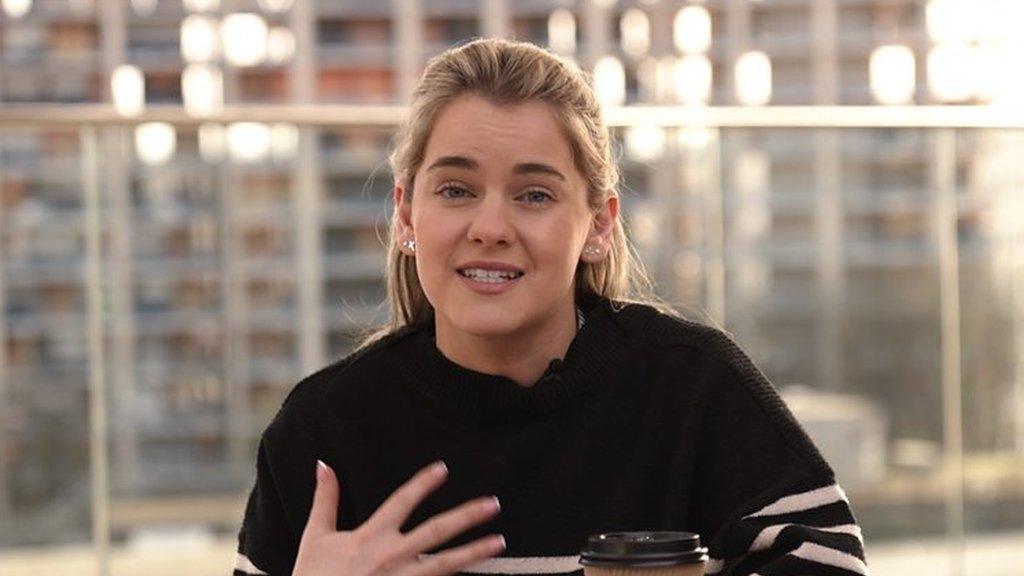I spent my house deposit on freezing my eggs
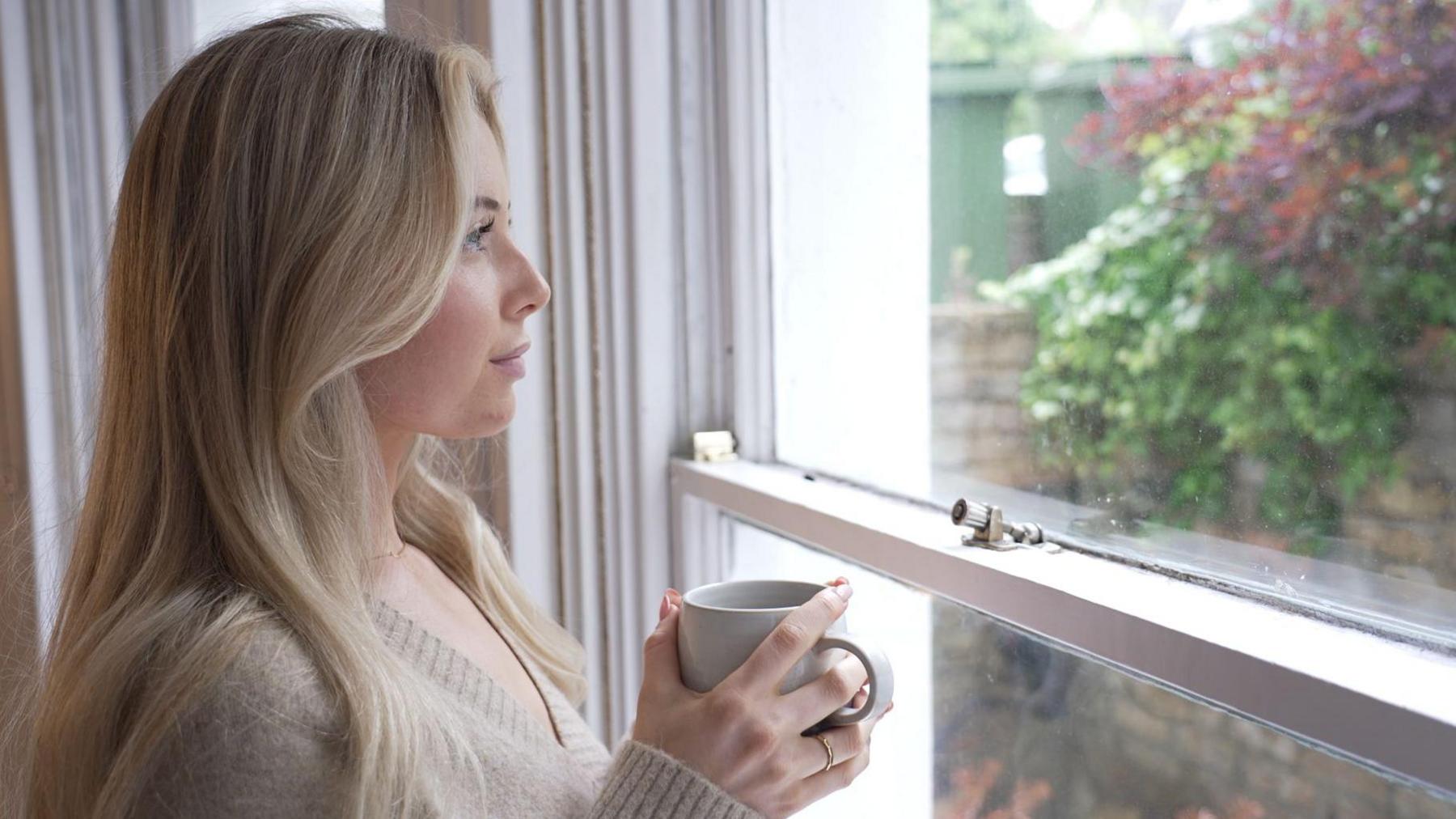
Sophie Richards says she was dismissed as too young when she raised fertility concerns
- Published
A social media content creator spent thousands of pounds she had saved for a house to freeze her eggs because her health condition was not covered by NHS fertility support.
Sophie Richards, originally from Carmarthen, has endometriosis, external which can cause fertility problems.
The 27-year-old is calling for better education and earlier intervention for those who may want to freeze their eggs.
The Welsh government said it was committed to making improvements to women's health services and fertility was mandatory in the school curriculum.
Ms Richards raised concerns about her symptoms to her GP when she was teenager, but felt she was not taken seriously.
"They just did the classic eye roll and told me it was probably because I wasn't used to period pain," she said.
She also raised fertility concerns and the possibility of egg freezing with her doctors.
“Everyone just laughed me out of the room and said you're so young, you're a hypochondriac, don't worry about it.”
Women waiting 10 years for endometriosis diagnosis
- Published18 March 2024
'My debilitating condition has cost me £20K'
- Published8 March 2023
Ms Richards went on to have four operations on her ovaries between Wales and Yorkshire, where she moved for work.
This included an emergency operation in 2021, after her endometriosis triggered appendicitis.
“Just before going in, they made me sign a waiver that said they could take both my ovaries," she said.
“Waking up from that operation was the worst moment of my life to date, because I had no idea if I had my ovaries or not.”
Harrogate and District NHS Foundation Trust said consent forms were standardised and patients were informed of all possible procedures and risks from surgery.
After this experience, Ms Richards moved to London where she saw a fertility specialist about egg freezing and started treatment six weeks later.
Fertility: Endometriosis patient spent £15k freezing her eggs
She used her savings, which she had put away for a house deposit, to pay for one round of egg freezing and was supported by her parents to pay for a second round.
In total - including additional expenses such as travel, blood tests and scans - it cost £15,000.
“For me, I believe that the stats are that there's a 10% chance of a successful pregnancy through egg freezing,” she said.
“[That] sounds so small when you're spending literally thousands and all of your savings on it.”
Fertility Network's research suggests the overall success rate of egg freezing is about 20%.
This rate goes up the younger the woman freezes her eggs, particularly among those under 35.
They say that "egg freezing is not a fertility insurance policy and should never be seen as such".
The egg freezing procedure involves two daily self-administered injections over a two week period, which stimulate egg growth before a surgical procedure to remove mature eggs, which are then frozen.
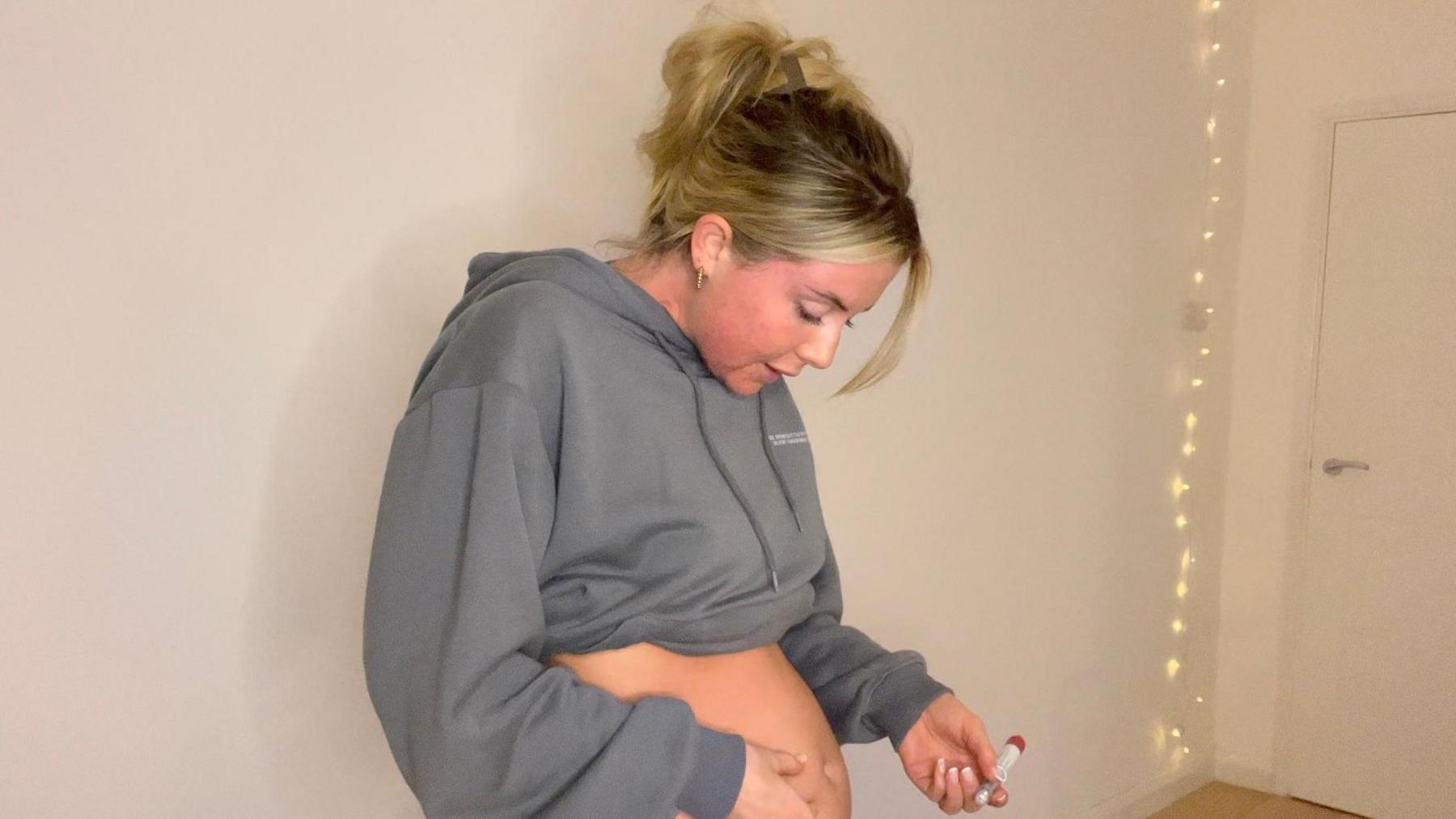
The egg freezing process involves self-injecting twice daily for two weeks before retrieval
Ms Richards’ rounds were successful, with 57 eggs collected and 50 mature enough to freeze.
Latest figures from the Human Fertilisation and Embryology Authority (HFEA) show a 300% increase in women freezing their eggs between 2020 to 2021 in Wales - from 25 to 80.
Ms Richards wants to see better access to and information about fertility treatments offered at a younger age.
She has more than 200,000 followers on Instagram and shares her experiences of endometriosis and egg freezing to try and help others.
“For someone who is young and wants to be proactive, there is no support from the NHS and that is one of the biggest things I talk about online,” she said.
“If there is an individual who is at high risk of losing their ovaries…they shouldn't be having to self-fund egg freezing and a lot of people can't self-fund.”
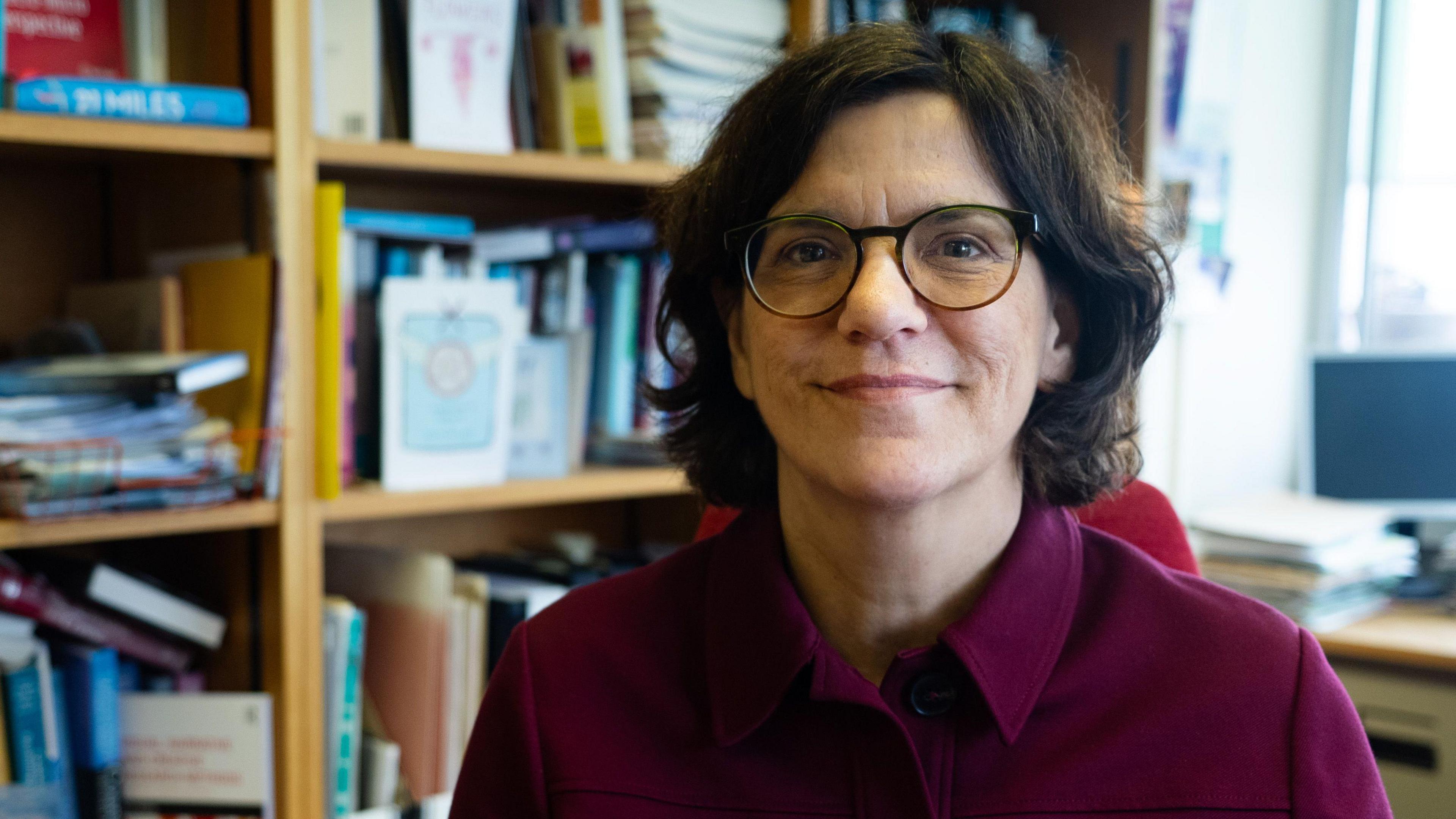
Prof Jacky Boivin says social changes have contributed to a rise in egg freezing
Emma Rees from Fertility Network UK said: “People don’t have the information early enough in relation to age and the number and quality of eggs a woman has.”
However, it is not just health conditions that are attributed to the rise in more women freezing their eggs.
Prof Jacky Boivin, a specialist in reproductive health from Cardiff University, said social changes also contributed.
“People are delaying having children,” she said.
“They're kicking the can down the field, because they are doing many other things and the value of having children at a younger age is going down.
“Or they have a partner that is not willing to have children at this time [and] they can anticipate that they're going to start running out of time.”
'Best investment I've ever made'
Sophie Richards said knowing she had “done everything I can to have a child” stopped her from constantly worrying.
“If I'm unlucky and can't when I'm older, I won't have any regrets,” she said.
“For me the money I invested was the best investment I've ever made in my entire life.”
The Welsh government said it recognised how endometriosis could affect fertility, “with between 20 and 40% of people with the condition struggling to conceive”.
"We have funded a website to raise awareness of the condition and the support available,” it said.
- Published1 December 2023
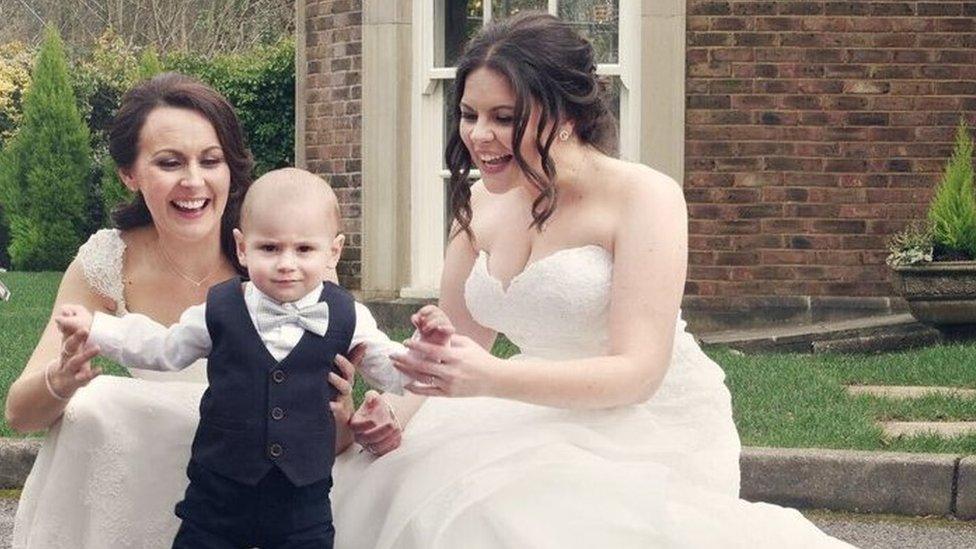
- Published2 November 2023
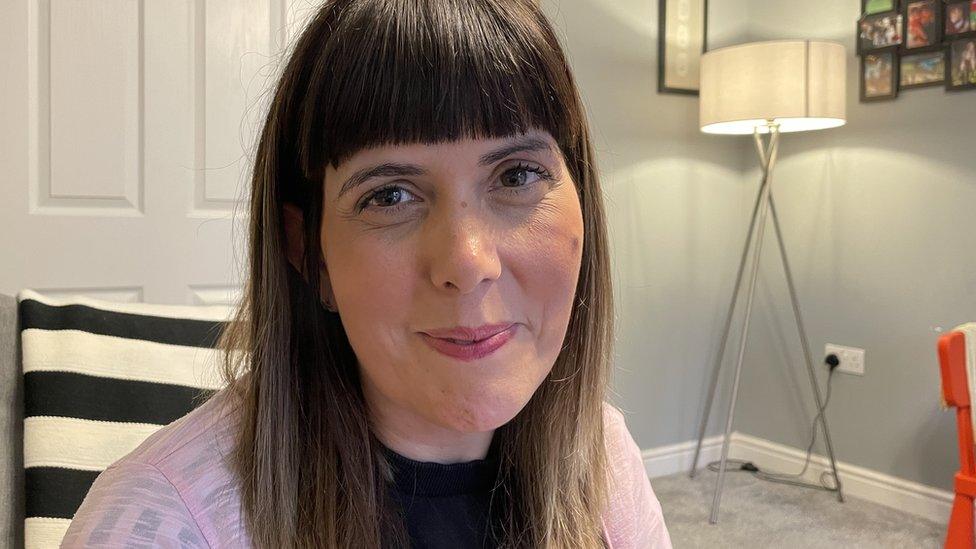
- Published24 March 2024
